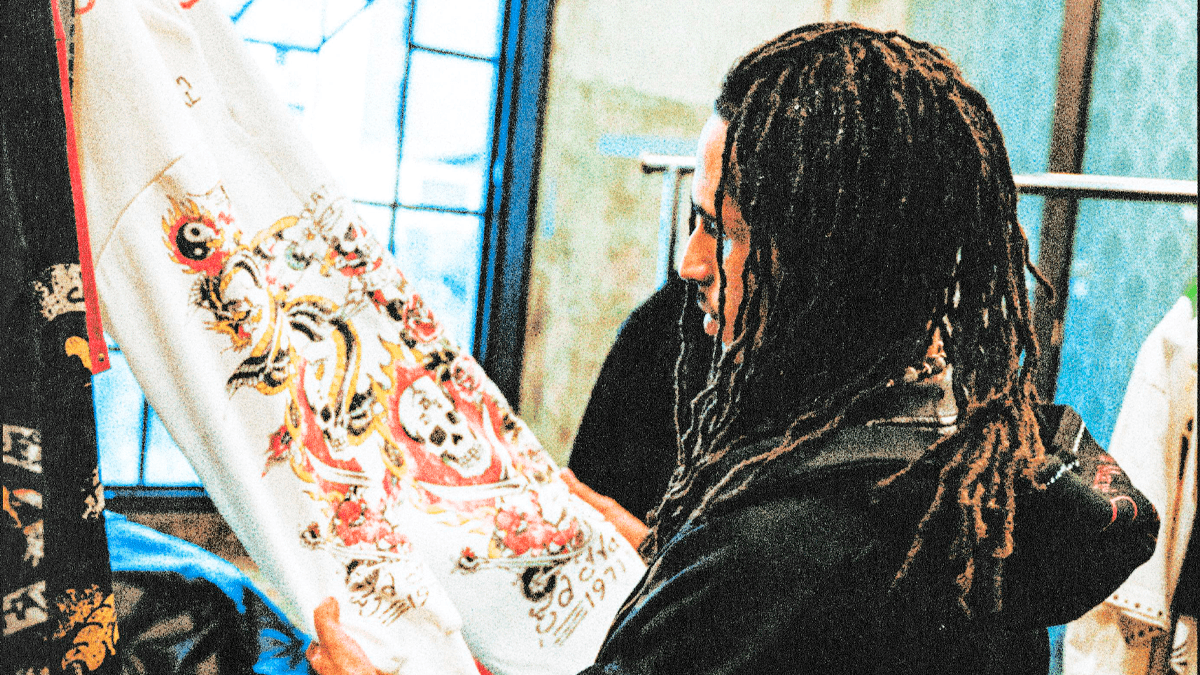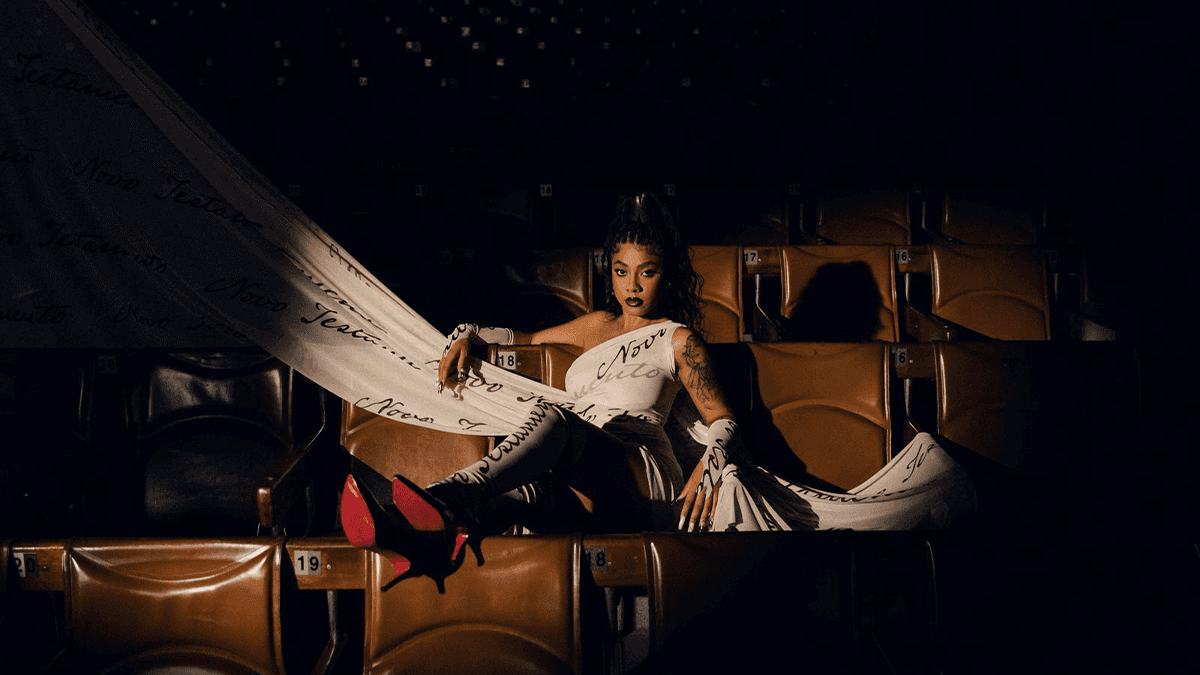Léo Batista: the voice that marked generations on radio and television
Today we celebrate World Radio Day and, surely, it is impossible not to remember Léo Batista - one of the greatest names in Brazilian communication. With a career that spanned decades, his unmistakable voice echoed through the radio before becoming a reference in television. More than just a host, he was a storyteller, following the transformations of media and leaving an invaluable legacy in sports journalism. Unfortunately, Léo left us last month, but his legacy - and radio - continue to live on.
On this special day, we revisit his journey and his importance to communication in Brazil.
João Baptista Bellinaso Neto was born in Cordeirópolis, in the interior of São Paulo, on July 22, 1932. The son of Italian immigrants, his pseudonym came from his sister's name, Leonilda - “she who hates her name, Leonilda, and whom we only call Nilda. I took her 'Léo', set aside João Bellinaso Neto, and became Léo Batista" — Léo asserts.
He started as a teenager working with loudspeakers in his town, and it was in 1947, at just 15 years old, that he debuted at the microphone. He read an announcement, presented a song, and soon he was broadcasting local news. The work was not well seen by his father, but it was his cousin who convinced him - after all, he would be paid for it.
The start in radio
Six months later, he received an invitation from Domingos Lote Neto to audition at the newly inaugurated Rádio Clube de Birigui. He was hired and there he broadcast football matches, September 7th celebrations, and audience programs, such as “Clube da Alegria” - with Hebe Camargo.
Already in Piracicaba, he worked at Rádio Difusora. At the time, the local team (XV de Novembro) had moved up to the first division of the Paulistão and was looking for a commentator. Léo then began narrating the games. Shortly after, came Pacaembu, Vila Belmiro.
In 1952, just 5 years after his start, he went to Rio de Janeiro to compete for a spot at Rádio Clube do Brasil, but ended up being hired by Rádio Globo - to work as a commentator and news writer on “O Globo no Ar?”. His debut was in a match between Bonsucesso and São Cristóvão, at the iconic Maracanã.
After the 1950 edition, Léo participated in all the World Cups. The Olympics and the Pan American Games were also not left out.
Léo was one of those who broadcasted the first game of Mané Garrincha's career in 1953. And of course, he made history the following year, in 1954, when he became the first radio announcer to report the suicide of Getúlio Vargas.
The move to television
The following year, in 1955, he moved to television - TV Rio - where he hosted the Telejornal Pirelli for 13 years, one of the most successful news programs on TV. He only reached Globo in 1970, as a freelancer, to join the sports team of TV Globo, which sent its main names to cover the World Cup in Mexico.

After replacing Cid Moreira in an edition of Jornal Nacional, Léo received positive feedback and, upon being hired, presented the Saturday editions of JN. In 1971, he launched Jornal Hoje at the station, alongside Luís Jatobá and Márcia Mendes. In 1978, he created Globo Esporte, a sports program.
The first Olympics
Due to his adaptability, Léo was chosen by Julio de Lamare to join the exclusive team of TV Globo at the Munich Olympics in 1972. In Madrid, he was the anchor for Globo's coverage and brought, alongside Julio, daily reports from the competition.
As if it weren't enough to debut a new format on television, Léo had to report the terrorist attack that would mark the history of the Games. “These athletes arrived from the four corners of the world. They came to compete in a unique Olympics, where terror and tragedy threatened to end the Games forever. But the great sporting achievements overcame the violent actions of a small group of fanatics and revived the Olympic ideal: the unity of peoples through sports,” said Léo's report. Eleven members of the Israeli Olympic team were taken hostage and killed by the terrorist group Black September.
Of course, the summary reports of the competitions were successful and sparked public interest in other sports at a time when only football was primarily consumed. The Olympics changed the idea of sports in Brazil.
Boxing, surfing, and Formula 1
His versatility marked his narration in various sports. It was on the program “Panorama do Boxe Brasileiro”, from TV Rio, that he helped build the image of the legend Éder Jofre, one of the greatest boxers in history, still in the 1950s.
See others like this





